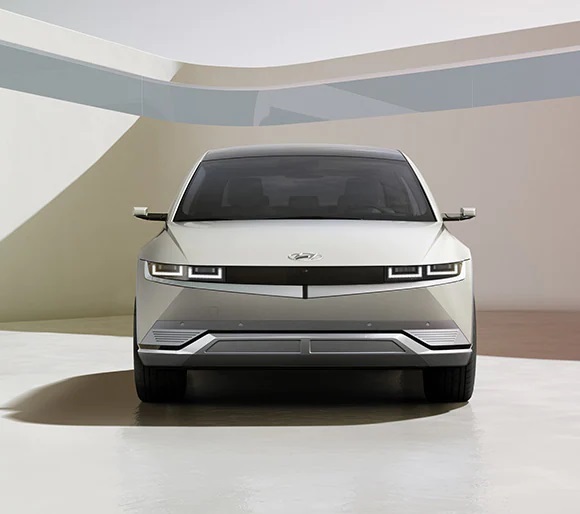Hyundai Motor Group on Wednesday broke
ground on a 10 gigawatt-hour battery cell production plant in Indonesia in
cooperation with LG Energy Solution, joining the global race to secure battery
cells for the future.
The joint factory, set for completion in the first
half of 2023, will be built on a 300,000-meter site in Karawang, near the
Indonesian capital of Jakarta. The two South Korean firms have formed a $1.1
billion joint venture for the project, with each owning a 50 percent stake.
The new facility is to produce NCMA (nickel,
cobalt, manganese and aluminum) lithium-ion batteries starting in the first
half of 2024, enough to power more than 150,000 electric vehicles. Depending on
future demand, the facility will consider expanding its capacity to as much as
30 gigawatt-hours per year.
Battery cells produced in Karawang will be used in
Hyundai Motor and Kia’s EV models built upon Hyundai Motor Group’s dedicated EV
platform, E-GMP.
“Starting with this plant, an EV ecosystem will be
successfully established in Indonesia with the development of various related
industries. Furthermore, we expect Indonesia to play a key role in the ASEAN EV
market,” Hyundai Motor Group Chairman Chung Euisun said.
The groundbreaking ceremony was held at the
project site and attended by Indonesia’s President Joko Widodo, Investment
Minister Bahlil Lahadalia and Coordinating Minister for Maritime and Investment
Affairs Luhut Binsar Pandjaitan.
Joining from Seoul via virtual link were Hyundai
Motor chief Chung, LG Energy Solution CEO Kim Jong-hyun and Hyundai Mobis CEO
Cho Sung-hwan.
The Hyundai Motor-LGES tie-up comes as global
carmakers rush to set up joint ventures with battery makers to secure a stable supply
of battery cells, without which no EV models can run.
LGES, the world’s largest supplier of EV
batteries, has formed a similar partnership with General Motors in the US,
while its hometown rival SK Innovation has teamed up with Ford on joint battery
cell production.
The Indonesian government has pledged to provide
various incentives and rewards for building the plant there, including waiving
corporate taxes and tariffs on related parts and equipment.
Hyundai-LG joint battery plant breaks ground in Indonesia


